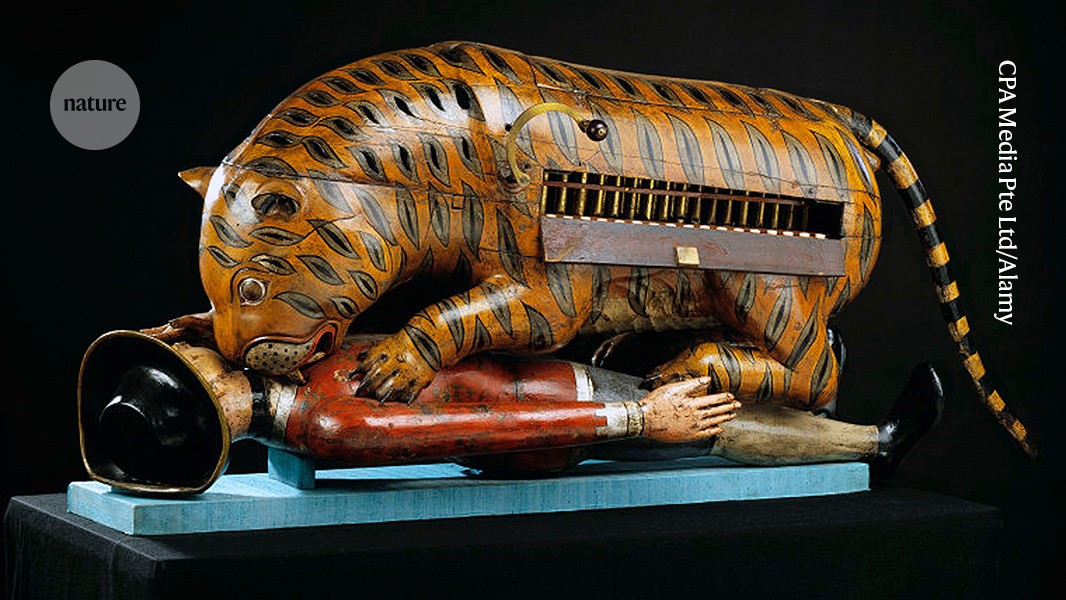
"In her analysis, Ratcliff argues that the East India Company not only engaged in the extraction of resources from colonial India but also monopolized knowledge by appropriating local sciences and knowledge systems, fundamentally altering the global intellectual landscape."
"Ratcliff emphasizes that the scientific endeavors in India were often underpinned by colonial policies, where knowledge was commodified for the benefit of the British Empire, sidelining indigenous contributions and contexts."
In "Monopolizing Knowledge," Jessica Ratcliff examines how the East India Company (EIC) appropriated and transferred scientific knowledge from Asia to Europe between 1757 and 1858. Although initially not funded by the EIC, its employees collected various manuscripts, artifacts, and scientific specimens, reflecting both scientific curiosity and colonial exploitation. Ratcliff highlights how these acts were couched in benevolence and progress, yet ultimately served to reinforce colonial domination and reshape the narrative of knowledge in favor of British imperial interests, sidelining indigenous voices and contributions in the process.
#colonialism #east-india-company #scientific-revolution #knowledge-appropriation #colonial-capitalism
Read at Nature
Unable to calculate read time
Collection
[
|
...
]